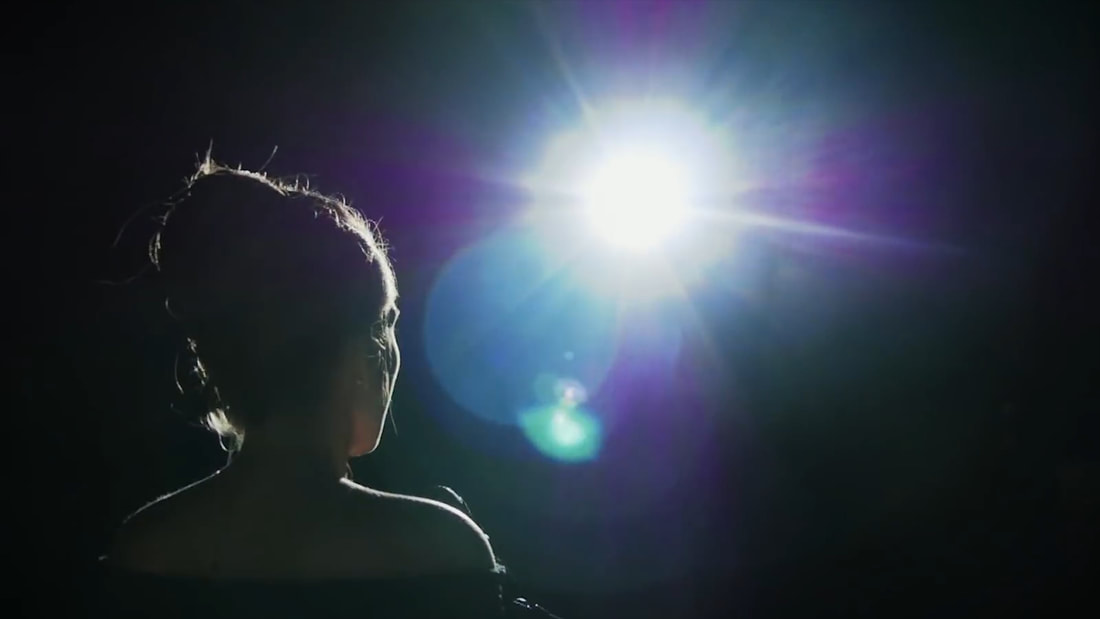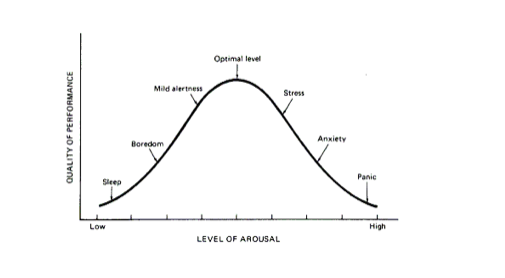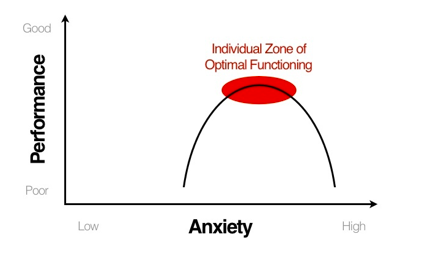Sign up...Join The Mindful Performer community to receive updates on upcoming workshops and new resources
|
|
|
“Of course I am nervous. The artist that boasts he is never nervous is not an artist; he is a liar or a fool” Caruso You know that feeling, when you’re about to perform (or perhaps many days before hand!) and you find your heart is racing, your limbs are shaking, your mouth is dry, and you have butterflies in your stomach? You are worrying about your performance, and you find it hard to concentrate on anything else. You tighten up, focus on everything that isn't right with the performance, and start to play it safe. You may refer to it as stage fright, or nerves, or performance anxiety, but either way, you may well see it as a bad sign - a sense of impending doom - an indication that the performance may not go well. When presented with a stressor (like an important audition!) the brain releases two powerful hormones that trigger the release of adrenaline into your blood stream, speeding up your heart and breathing, and pumping blood into your limbs so you can fight or flee the stressor. This explains the physical sensations of nerves, as our body is gearing up for action. It also explains the cognitive experience - when in danger, we don't need to think rationally and consider our options - we need to react automatically - we are geared to notice anything threatening in our environment. This is actually a good thing! Our bodies are becoming optimised to conquer our given stressor. However, without an outlet, all this extra adrenaline can wreak havoc on us. We feel threatened, particularly if something we value is at risk. From an evolutionary point of view, this was generally our safety, security or social approval. Fight or flight is responsible for the survival of the human race! As a performer, our lives may not be at risk, but our sense of security and our social approval are certainly challenged. Will the audience like me? Will I get the job? Will I get future work? Will I ever work again, how will I pay my bills, will I end up living on the street?!!!! Everyone experiences some level of nerves when performing (one survey reported that 96% of musicians surveyed experienced anxiety before performances), but why do some people experience more anxiety than others? To understand this, we need to look at how anxiety works. How anxiety worksBasically, when presented with a threat our brain tries to calculate the probability of a successful outcome by seeing how our resources (our level of skill, how prepared we are, how much we think we can succeed and/or our past experiences) stack up to the demands of the situation (how difficult the piece is, the perceived importance of the performance, the expectations of others, and the consequences of failure). It is not the situation itself that causes the anxiety, after all, a university recital would be no big deal for a leading professional with years of experience, but our perception of our ability to handle the demand. In other words, if you think you can handle it, you wont feel so nervous, but if you think it is beyond you, then you will! So it is not the nerves themselves that derail us, but our interpretation of them. The good news is…“You can’t stop the waves, but you can learn how to surf.” Jon Kabat-Zinn Nervousness is simply energy, and energy is something we can harness and use to our advantage. Whilst we can’t stop the nerves altogether, we can manage them and harness their power. And as it turns out, we wouldn't want to get rid of our nerves 100% even if we could… Yerkes-Dodson LawYerkes-Dodson Law suggests that performance improves with increasing arousal up to an optimum point, beyond which it then becomes detrimental. You probably recognise this yourself, if you’re tired, and really cant be bothered, it is hard to perform your best. So, yes, we need nerves to perform at our best, but not too many… Individual Zone of Optimal Functioning (IZOF)This is known as our Individual Zone of Optimal Functioning. It varies for everyone, but one thing is for sure - no nerves, no zone. Interestingly, the best musical performances (objectively assessed) occur at a level of arousal that is felt as uncomfortable to the performer themselves. The bottom line is that Performance Anxiety is not bad, you just need to know how to manage, channel and ride it. If you’d like to learn more you can sign up to receive blog posts direct to your email. Alternatively, please click the little ‘like’ symbol below. Or, if you're ready to tackle your inhibitions to performance head on, contact me to discuss your options and arrange an appointment.
0 Comments
Your comment will be posted after it is approved.
Leave a Reply. |
|
|
© Amy Radford 2014. ABN: 369 713 854 88. Contact
|



